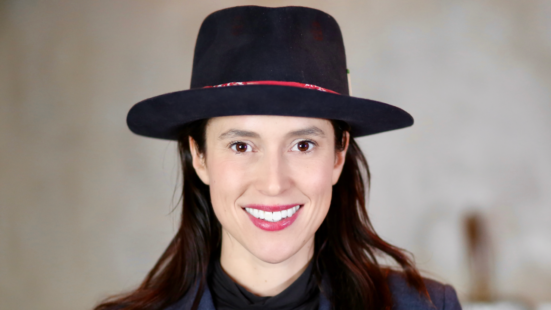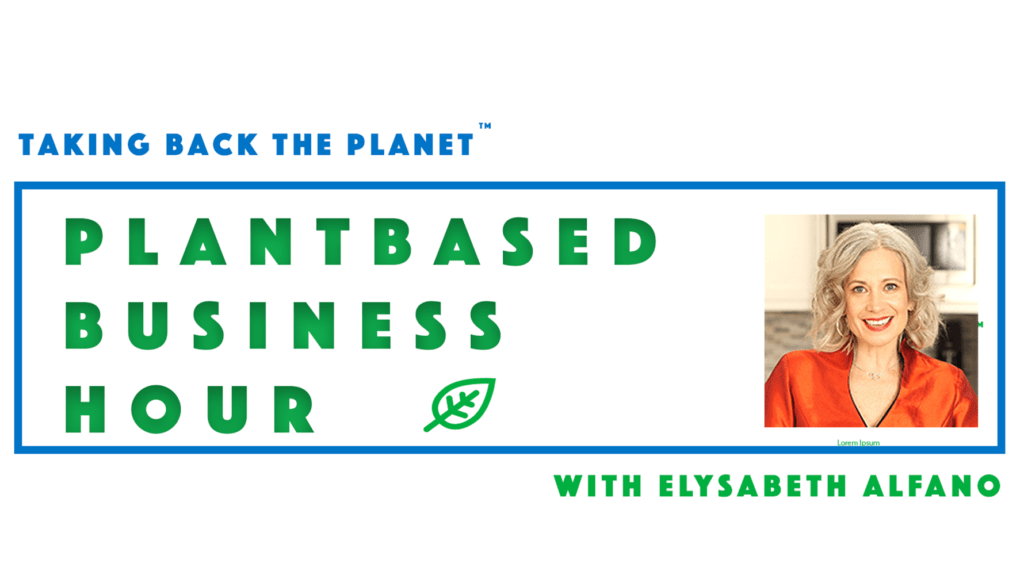
Kelp, algae and the state of our oceans, and can we leave them better than we found them. CEO and Founder of Akua, Courtney Boyd-Myers and I discuss all this and more on The Plantbased Business Hour.
Specifically, Courtney and I discuss,
- What is Kelp and why it might be a game changer,
- The perils of industrial fishing and the factory farming,
- The nutritional profile of kelp,
- Why kelp makes a great burger and AKUA retail launch,
- AKUA’s multi-faceted and successful raise.
Below is a clip and transcript from our passionate conversation.
Elysabeth: So what are some of the other things that people might not think about in terms of the impact of factory farming fish or the industrial farming of fish?
Courtney Boyd-Myers: I think people are so warped that they think they can farm things that want to swim or run away. That’s hunting, and so farming should be things that stay in place like vegetables and kelp. Trying to farm wildlife is just freaking nuts and you see the disease that comes from these fish and we see the runoff into the water and it’s completely wrong. But we can do things the right way, and by growing kelp in the water and different types of seaweeds and mussels are amazing to farm, you know they don’t swim away; neither do scallops, neither do clams; these are great things to farm. The eco-footprint of eating farmed mussels is actually lower than being plant-based, you know it’s just amazing. When you grow these multitrophic ecosystems of kelp, mussels and clams and oysters, you’re basically replicating a kind of a wildlife ecosystem and that’s what farming should be.
Elysabeth: If I were to kind of grossly over-summarize, could I say that these kind of species in the water such as algae, kelp, you’re talking about clams, mussels, etc., they act as filters in the water and they also pull carbon and nitrogen. So they act really like huge plants, right? Giving back oxygen, taking back carbon is obviously something we need as we focus on climate change.
Courtney Boyd-Myers: Exactly and it’s so simple really. It’s the way that plants grow right, through photosynthesis by inhaling carbon and exhaling oxygen and growing biomass at the same time. The concept of regenerative ocean farming is just that you’re leaving the oceans better than you found them and that’s a step beyond sustainable.

New episodes are out every week. Never miss the Plantbased Business Hour or Minute. Subscribe on iTunes and Youtube, and sign up for the newsletter. Follow Elysabeth on Linkedin. For information on Plant Powered Consulting, click here.



